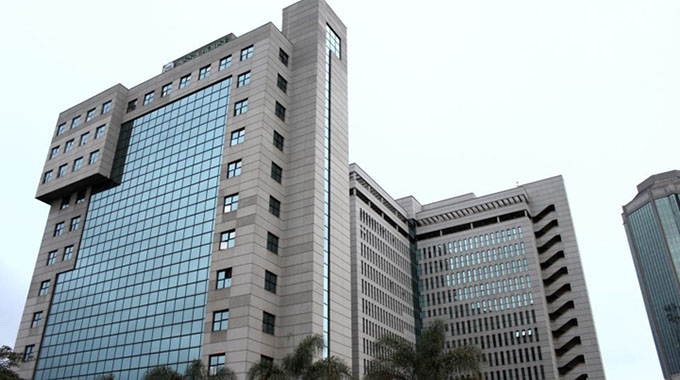Editorial Comment: Pension funds must modernise, get real

Zimbabwean pensioners have had a rough quarter century as pension funds largely stuck to their old textbooks and policies, funding fixed sum pensions while inflation has twice ravaged the purchasing power of what they paid out.
Hyperinflation destroyed the pensions of tens of thousands, and even when stability returned with dollarisation, the new pensions were small and frequently were not funded from assets, but from what past employers were prepared to pay in each month.
Few could understand this.
Pension funds and life insurance companies had a range of assets in their investment portfolios.
Admittedly, the First Republic had pushed their powers to the limit to force the funds to invest more than half their assets in Government bonds, and that these had become worthless by the end of hyperinflation and in fact were formally paid out and cancelled before the old local currency totally collapsed.
But there were still those buildings dominating the city skylines across Zimbabwe, extra property assets that had been bought hurriedly as the currency was collapsing and a substantial chunk of the total equity available on the Zimbabwe Stock Exchange (ZSE), with many reckoning that 90 percent of all shares were held by institutional investors, that is the life insurance companies and the pension funds.
In the second bout of inflation, far less severe, but still bad news for those with maturing life policies and expecting retirement pensions, it was a rerun.
The nominal value of the payments remained constant, even while the assets of the funds were rising rapidly in nominal terms.
And this time, the percentage that was invested in Government loans, mainly Treasury Bills, and in the money markets was much lower.
All funds needed some bear cash highly liquid holdings for immediate needs, but now kept the bulk of their investments in property and equities.
Even the National Social Security Authority (NSSA), which audits were revealing was possibly the worst managed of the pension funds and certainly the worst managed of large funds, was managing to increase pensions, not as fast as inflation, but a lot faster than better-managed private funds were doing.
And now doubt the responsible ministers might have given pensioners a better break had this fund been properly managed for the last decade.
The Insurance of Pensions Commission of Zimbabwe has now stepped in and demanded that all insurance companies and pension funds revalue their assets every six months.
This is, in many ways, a major step.
At one time a building, for example, was valued at its original cost price with depreciation spread over 50 years so at the end of that time it had zero value even though it was still there, still being maintained and still producing useful rent revenue each month.
There had been some periodic new valuations, spoiling this perfect example of Victorian accounting practices, set in a time when property tended to lose value over time, and IPEC kept pushing for annual valuations, so it came to know just how significant were the portfolios of those it was meant to police.
All of this helped, but the insurance and pension industries were still over locked in archaic practices.
There are complexities in this business.
For example, a fund has to buy assets when a person is 25 and still be paying out a pension 70 years later to that same person.
So annuities and other products were developed to ensure that regardless of the state of an economy, the monthly pension cheques went out.
The problem was that these fixed pensions in nominal terms, not real inflation-adjusted terms.
And as the commission of inquiry headed by Justice George Smith showed, there were ever fewer reasons why the ancient practices were followed as if they were drawn from Holy Writ, rather than reflecting the actual state of the real portfolios of assets and the revenue in rent, dividends and interest they were raising.
Obviously, professional administrators of these sort of funds do not work for nothing, and they and their shareholders are entitled to profits.
But what can be regarded as administration fees, even if they appear in the accounts as other items, should never be a major item when it comes to consuming investment income.
In fact, they should be less than the extra value professional administration generates over what a bunch of amateurs would manage.
IPEC needs to continually put pressure on the funds to move, albeit prudently, into the real world and start showing a great more flexibility.










Comments